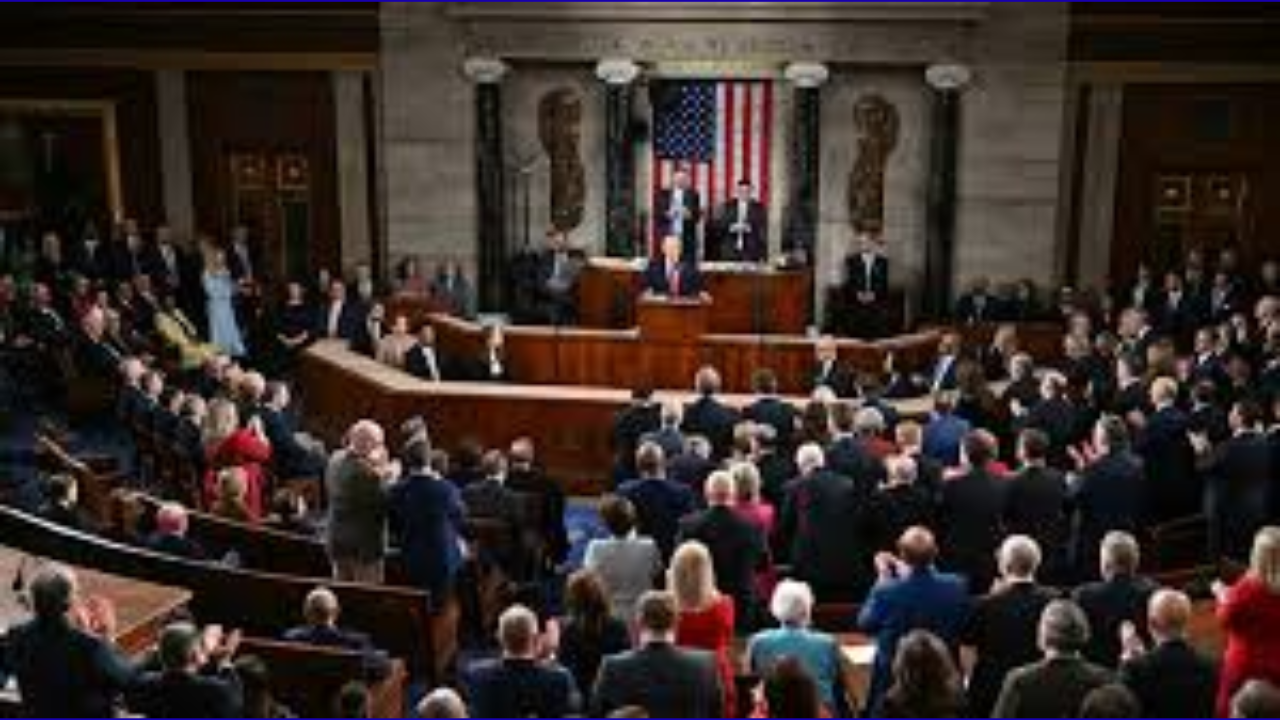A rush by Indian exporters to beat a new U.S. tariff deadline has caused a significant space crunch on mother vessels, the massive container ships that transport goods across oceans.1
Thank you for reading this post, don't forget to subscribe!Exporters are “frontloading” their shipments to get them to the U.S. before the August 27 deadline, when a new 25% tariff on Indian goods, a penalty for the country’s purchases of Russian oil, is set to go into effect.2 This will bring the total tariff on many exports to 50%.
Here’s a breakdown of the key impacts:
- Shipping Delays: The surge in demand for vessel space has created a major issue.3 Exporters are facing a 10–12 day increase in waiting time to secure a booking.
- Vessel Shortages: The delays are so severe that some vessels themselves are behind schedule. For instance, the mother vessel XIN Shanghai was delayed by 10 days, and there’s no update on the arrival of another ship, the MSC Bremen.
- A Shift to Air Cargo: For high-value, non-bulky products like garments, textiles, and footwear, exporters are opting for air cargo. While more expensive than sea freight, it is still cheaper than paying the new tariffs.
- Inventory Build-up: This massive rush to ship has already resulted in a 20% excess inventory in the U.S. Experts predict that import demand from the U.S. will soon start to decrease as a result.
- A Tight Window: For shipments to avoid the new tariffs, they must arrive in the U.S. by September 16.4 However, with the minimum sailing time to the U.S. being 25 days, getting goods there in time is now a major challenge.
















